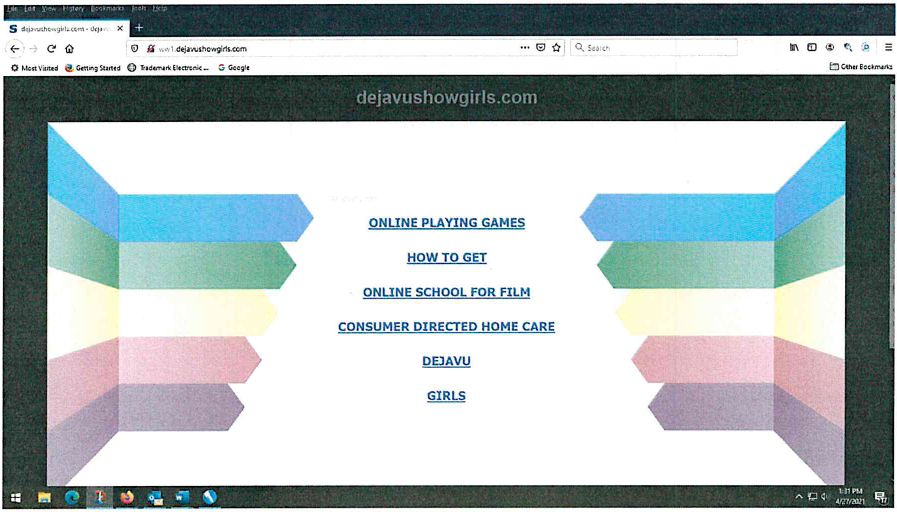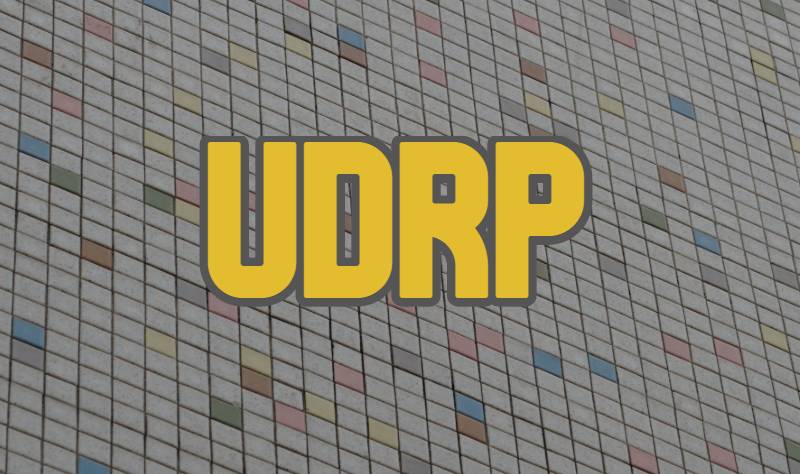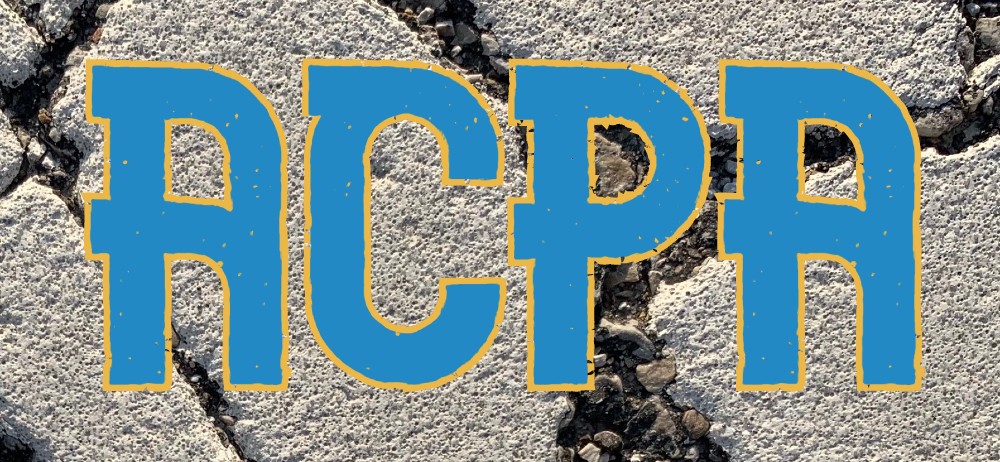
One of the major benefits of forming a corporation or limited liability company is the shield from personal liability the business entity provides to its owners. But that shield does not protect against all of the company’s officers’ conduct.
In a recent trademark infringement case in federal court in California, a court evaluated whether a company’s officer could face liability for trademark infringement and cybersquatting. Plaintiff sued the company and the owner individually, asserting that that the owner should be personally liable because he controlled and was involved in all significant corporate decisions regarding the alleged infringement.
Citing to Facebook, Inc. v. Power Ventures, Inc., 844 F.3d 1058 (9th Cir. 2016), the court observed that a corporate officer can be personally liable when he or she is the “guiding spirit” behind the wrongful conduct, or the “central figure” in the challenged corporate activity.
In this case, the court declined to dismiss the individual defendant from the lawsuit. With respect to the alleged trademark infringement and cybersquatting, the court focused on the fact that the individual defendant:
- was the founder and central figure of the company,
- personally participated in all major business strategy, branding and marketing decisions and actions,
- ran the company from his home,
- was the only officer of the company and was simultaneously the CEO, CFO and Secretary,
- promoted the company’s brand from his personal social media account, and
- directly negotiated with the plaintiff’s founder to see whether the parties could “find a more peaceful resolution.”
Simply stated, the individual defendant was not merely a board member that “final say,” but was substantially involved in every aspect of the conduct of the business giving rise to the alleged intellectual property infringement.
Playground AI LLC v. Mighty Computing, Inc. et al., 2024 WL 1123214 (N.D. Cal., March 14, 2024)
See also:





